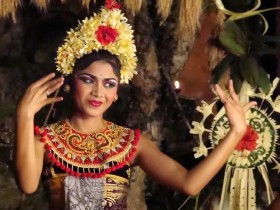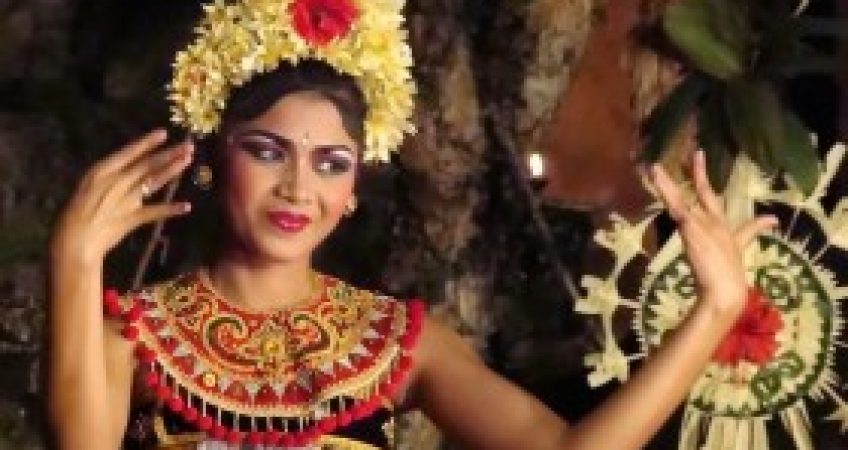
SOME BALINESE TRADITIONS
Some Bali Traditions
The Subak is concerned with the production of rice. As such, it is responsible for taking care of the unique water irrigation system to ensure that every member of the community gets his/her fair share of irrigation water at the right time for planting and growing of the rice. It is a tradition for the head of the Subak to ensure that the water will have to pass through the sawahs of the members before reaching his own. There is also the Banjar which is responsible for arranging the village festivals and marriage ceremonies and cremations. Each village has one Banjar and the men are expected to join one once they get married. Banjar has an estimate membership of 50 to 100 families and they each have a meeting place of their own which they call the Bale Banjar. This place is where meetings are usually held and is also where the gamelan orchestras and drama groups practice.
Every stage of Balinese life has a ceremony and rituals which are called the Manusa Yadnya. The first of these ceremonies takes place even before birth, followed by other ceremonies after the birth. The Balinese year is 210 days, & the first ceremony for a baby depends on the area of Bali, can be at 3 months or 6 months & is the ‘touching ground’ ceremony where the baby first touches the ground. Of course all ceremonies are not complete without the proper offerings.
Baby Names
The Balinese people basically have four first names and these are Wayan or Putu for the first child, Mane or Kadek for the second child, Nyoman or Komangfor the third, and Ketut for the fourth. The following children will be given the same names in the same order. It should be noted that Balinese love children so have many children. After the babyhood ceremonies come others which mark the stages of childhood and puberty. This includes the important tooth-filing ceremony.
Balinese People
Everyone in Bali is expected to get married and have a family. Marriages usually take place at a young age, and like some other Asian countries, marriages are not arranged. There are two types of marriage , the Mapadik and the Ngorod. The Mapadik is the respectable form which requires the family of the man to formally visit the family of the girl to propose marriage. Ngorod, on the other hand, is the elopement. For the Balinese, being practical people an elopement does not come as a surprise. The couple could go and hide somewhere so as to avoid being found by the girls’ parents. They will just re-emerge for the official marriage to take place. Being able to have children is important to the Balinese, consequently being pregnant at the marriage ceremony is an achievement, a sign of fertility, rather than an embarrassment as in some other societies
Although this article mentions a few, there are so many more traditions that can be learned and understood. It is these traditions that make the Balinese people, thus giving them an identity.
Being aware of traditions & witnessing (with respect) some of the Balinese ceremonies, are a great way of educating yourself and making your stay in Bali more rewarding.
For more information & a guided tour contact our Kembali Villas office

